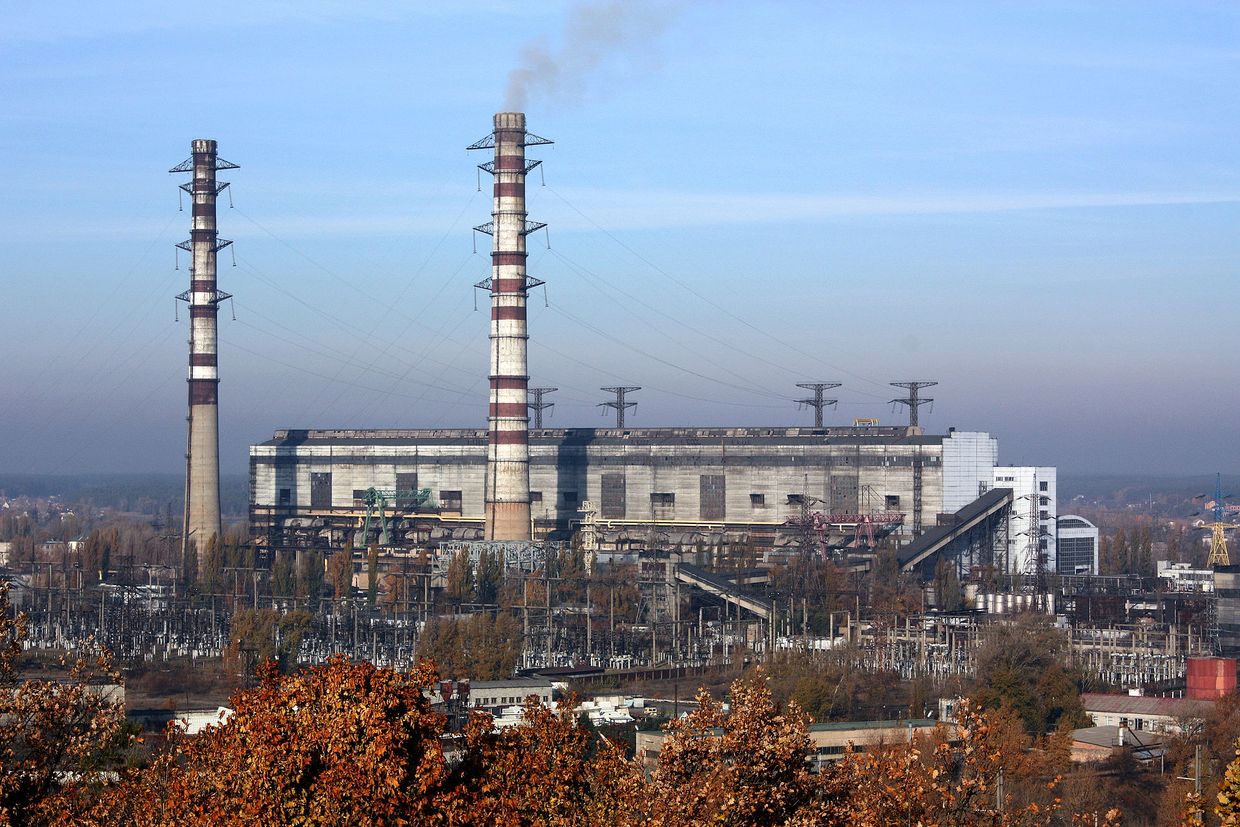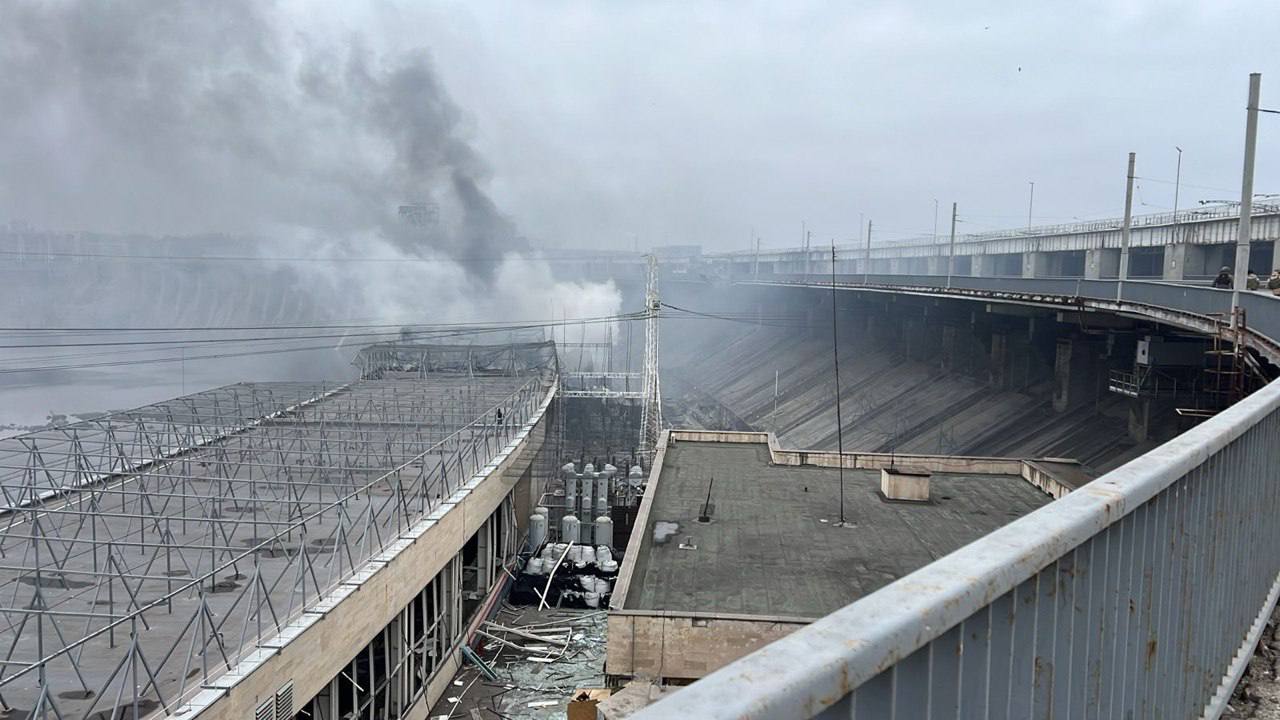Ukraine's largest private energy company, DTEK, has lost nearly 90% of its energy generating capacity due to the Russian attacks, CEO Ildar Salieiev wrote on Facebook on June 28.
Salieiev said Russia has struck DTEK thermal power plants over 180 times, causing losses worth at least $350 million.
"This year alone, we will spend Hr 4 billion (nearly $100 million) of our own funds to repair the thermal power plants. Our specialists are looking for spare equipment worldwide that can be bought, brought, and installed (in Ukraine)," he added.
In recent months, Russia has intensified its attacks against Ukraine's critical infrastructure in a renewed assault against the country's energy grid.
As a result of the attacks on energy infrastructure, Ukraine began implementing rolling blackouts on May 15.
Ukrainians will face lengthy, daily interruptions in electricity until the end of July due to scheduled repairs at nuclear power plants, according to state-owned energy operator Ukrenergo.
The restoration of the destroyed thermal power plants will take "years, not months," Salieiev said.
"It is primarily a matter of time and availability of the necessary equipment. Orders for equipment manufacturing have been placed with production facilities on all continents," Salieiev said.
He also described the damage from the Russian attacks as "enormous" and added that the restoration work continues non-stop.
Despite severe damage, all DTEK facilities will be restored "sooner or later," the company's CEO said.
During the full-scale invasion, more than 18 GW of electricity generating capacity was lost due to Russian occupation, including the occupation of Europe's largest nuclear power plant, the Zaporizhzhia Nuclear Power Plant, according to the Kyiv School of Economics (KSE).
The Kakhovka and Dnipro Hydroelectric Power Plants, as well as the Zmiiv and Trypillia Thermal Power Plants, were completely destroyed.
Since the start of 2024, Russia has launched eight large-scale attacks against Ukraine's energy infrastructure and multiple smaller ones.














